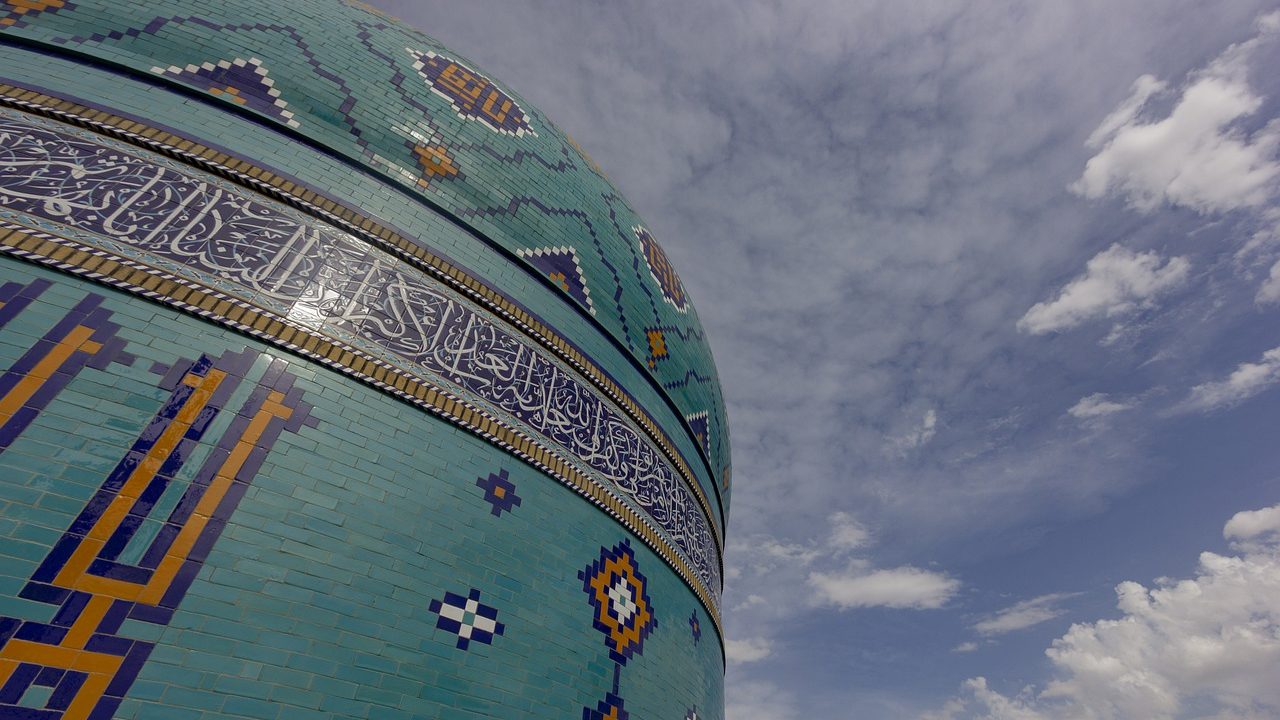Understanding Issues Through the Other’s Eyes
An-Nahar, Lebanon, June 2
A close friend of mine who currently works for the Saudi government recently recounted an interesting memory to me. He told me how, when he studied abroad in the United States, he attended a fascinating lecture about the Nakhawila, a community of indigenous Shias from Medina that historians know very little about. The lecture was delivered by a German professor visiting from the University of Heidelberg. What caught my friend’s attention was the fact that a German professor could be an expert in the lives, culture and history of such a small and remote group of people. His presentation was so vivid and analytical, that he spoke as if he were one of them – or, at the very least, as if he were a Saudi who lived among them. The German professor was not the only one who attracted my friend’s attention. There was another visiting professor who came from the University of Haifa who spoke with such incredible knowledge about the first Saudi State. What unites these two professors are several traits. First, their specialization in a unique topic. Second, their passion for science and academic inquiry. And third, their ability to study a subject without prejudice. Unfortunately, if we take a look at the Arab world, we’ll quickly discover that the number of research centers devoted to the study of delicate, rare, and highly specialized social and historical phenomena are very limited. They can probably be counted on one hand. One of the most pressing issues of our time, both intellectually and politically, is the issue of Shiism. Not as an Islamic sect, but rather as a social lever, from which various intellectual and political currents were born. Indeed, Shiism is integral to most of the events currently unfolding in Iraq, Iran, Lebanon, Syria, Yemen and the Arab Gulf. The matter is not limited to the regime of the Islamic Republic of Iran, the theory of Guardianship of the Jurist, or the role of the Revolutionary Guards. Rather, it is important to understand the underlying foundations and discourse that fuels these phenomena so they can be properly understood. Instead of looking at them from afar, we must look at them from within. For example, an intimate understanding of the religious and cultural ideologies fueling the Iranian regime will make it possible to deal with it far more effectively, and perhaps even to curb its interference in other parts of the region. The late King Fahd bin Abdulaziz Al-Saud often advised those traveling on diplomatic missions to always put themselves in their interlocutor’s shoes and imagine the response they would get to their question. The independent, unbiased, analytical and non-emotional way of thinking – that which is capable of collecting small details and assembling the big picture – is what we are desperately lacking in our society at the present time. The scarcity in research centers and think tanks specializing in Iranian and Shiite affairs will make it hard for us to keep up with the sweeping changes unfolding in the Arab world. We’re already lagging behind – but better late than never. – Hassan Mustafa (translated by Asaf Zilberfarb)
This holiday season, give to:
Truth and understanding
The Media Line's intrepid correspondents are in Israel, Gaza, Lebanon, Syria and Pakistan providing first-person reporting.
They all said they cover it.
We see it.
We report with just one agenda: the truth.



